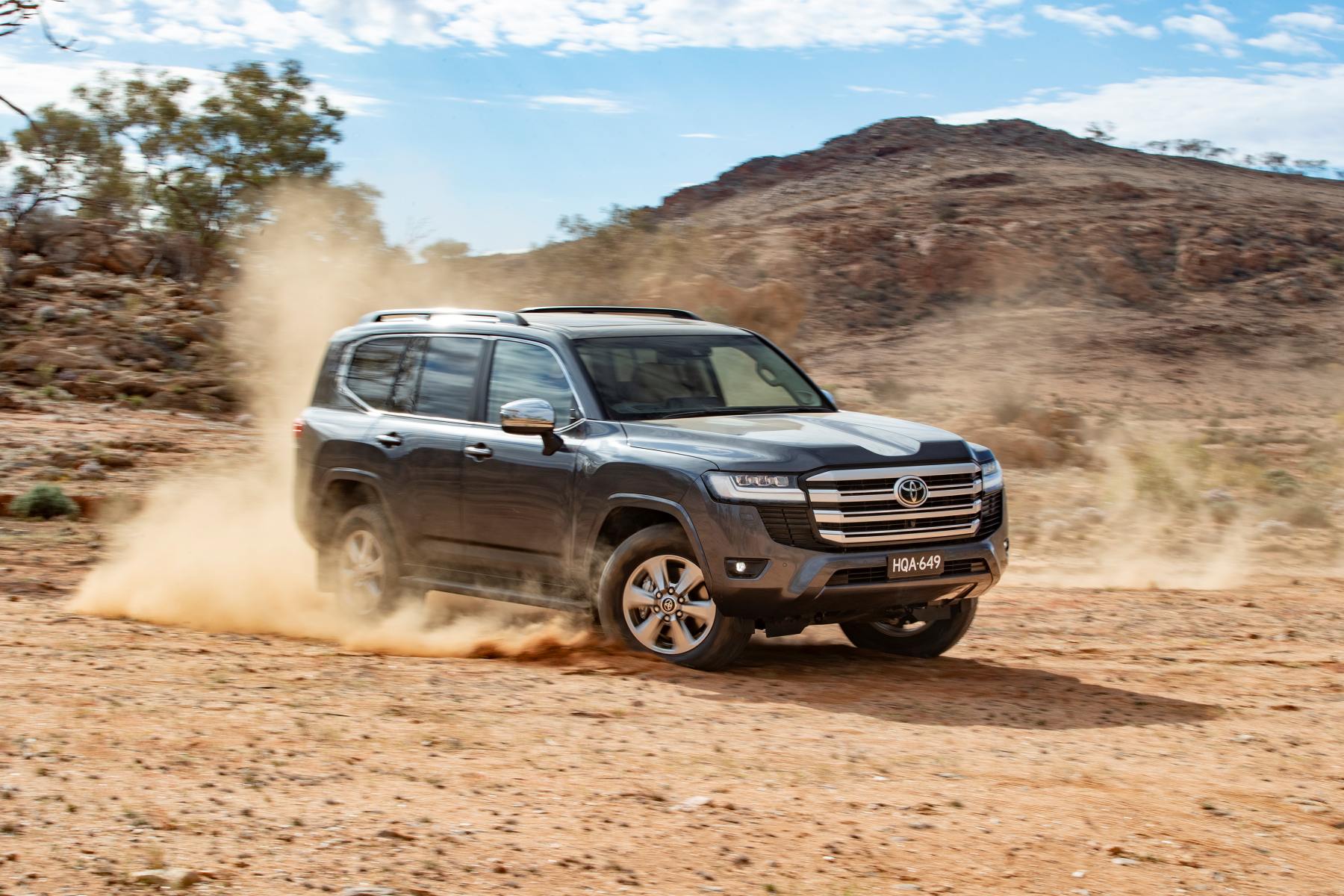Car Spoilers – When you buy a vehicle, websites or dealerships give you lots of choices. You can choose from different engines, cabin setups, interior designs, and more. A lot of people believe that adding a spoiler to a car enhances its appearance without realizing or considering the potential advantages it can offer.
The spoiler, which gained popularity in the 1960s on racing cars, is now a common add-on found on various types of cars. Installing a spoiler in a car not only adds a touch of personalized style but also offers several practical advantages.
Do you know what else can give you a personalized experience while enjoying your favorite pastime as a gambler? Creating an account with PlayCroco casino, where you can play your favorite slots on the go.
When Did Spoilers Become Popular?
In the 1960s, spoilers became popular as manufacturers wanted to enhance the aerodynamics of racing cars along with high-performance vehicles by managing the airflow around them. Later on, they were motivated by federal fuel economy regulations to enhance the aerodynamics of all vehicles in order to achieve better mileage ratings. When a vehicle has less wind resistance, it requires less fuel to maintain high speeds.
If you’re a fan of racing, chances are you’ve noticed spoilers being installed on numerous cars. For example, Formula 1 cars can reach incredibly fast speeds. These cars need careful air management because of how their aerodynamics work.
How Spoilers Work
A rear spoiler is a popular aerodynamic accessory that is commonly used to disturb the flow of air. The architectural layout of the vehicle disrupts the smooth airflow at the back, which prevents lift.
Lift is a phenomenon that occurs when airflow passes beneath your vehicle, creating an effect. When the air gets trapped, it can cause your vehicle to lift up, which can make it harder to maintain traction. A spoiler helps to improve the airflow around a vehicle by reducing or minimizing lift. This, in turn, can boost the efficiency of the vehicle to some extent.
Basically, other aerodynamic accessories like front spoilers, front splitters, rear wings, side skirts, and vortex generators all have the same goal of disrupting airflow.
They work by reducing the amount of air that gets trapped underneath a vehicle and in other areas where airflow is not ideal. This helps to prevent lift and ultimately improves the overall airflow around the vehicle.
Potential Benefits of Spoilers on Your Car?
Installing a spoiler on your vehicle can also improve the stability of your car’s braking. The spoiler on the car increases the downward force, which in turn improves traction and braking performance. When drivers are going faster, they find it easier to brake, which makes driving safer when a spoiler is added.
Adding spoilers to your vehicle can also have an impact on fuel efficiency. Spoilers like these reduce drag by channeling the flow of air around the car. As a result, the car has to consume less energy and fuel in order to move forward.
Common Types of Car Spoilers
Cars can have various types of spoilers, each serving a different purpose. Some spoilers are designed to improve the car’s performance, while others are purely for aesthetic purposes, enhancing the car’s overall design.
Spoilers were designed to disrupt airflow over the car in order to improve its road-holding ability. Car Spoilers in modern cars now have a design element that not only enhances the overall look of the vehicle but also improves its visual appeal. Spoilers can be found in various places on the outside of a car.
1. Pedestal Spoilers
Adding a spoiler to a car can really enhance its appearance. In fact, some cars might even look incomplete without a pedestal spoiler.
A pedestal spoiler is usually installed on the top surface of the car’s trunk at the back. The wing-shaped bar stretches across the entire width of the trunk. Pedestal spoilers are attached to the trunk with pedestals, which is how they got their name.
Pedestal spoilers are designed to alter the airflow as it exits the rear of the car, resulting in a more downward force upon the rear wheels. This helps increase the grip of rear-wheel-drive cars and also enhances their fuel efficiency.
2. Lip Spoilers
Another type of car spoiler that is frequently seen is the lip spoiler. It is positioned at the rear of the vehicle, and the airflow goes over the top surface of the spoiler. Lip spoilers are designed to enhance the airflow stability around your vehicle, which can lead to better performance and less drag as the air flows out from the back of the car.
3. Front Spoiler
Front spoilers, also referred to as air dams, are usually found underneath the front bumper or sometimes built into the overall design of the vehicle’s front bumper. When racing cars have an air dam installed, it helps manage the airflow in front of the vehicle to maximize performance. In the world of racing, the front spoiler serves two important purposes.
Firstly, it helps to reduce drag when the vehicle is moving at high speeds. This means that the car can move through the air more efficiently, allowing it to go faster. Secondly, the front spoiler also increases the downforce on the car, which helps to improve grip on the race track.
This means that the car can grip the surface better, allowing for better control and maneuverability.
4. Roof Spoilers
Car manufacturers often incorporate roof spoilers into their designs when there is not enough room in the trunk to install a pedestal or lip spoiler. Car spoilers that are placed on the roof are usually designed to be low profile, similar in size to lip spoilers, and not as prominent as pedestal spoilers.
Roof spoilers work in a similar way to trunk spoilers. They help redirect the airflow around the vehicle, which in turn increases the downward force and improves traction on the road.
Take Away
If you enjoy driving fast or are interested in racing, getting a spoiler can be really advantageous. Having good braking stability is important for vehicles, especially when you need to apply brakes when driving at high speeds.
Spoilers can actually help increase fuel efficiency, particularly if your car is equipped with front spoilers. These components work by redirecting the airflow around the vehicle, which in turn reduces drag and improves fuel efficiency.

